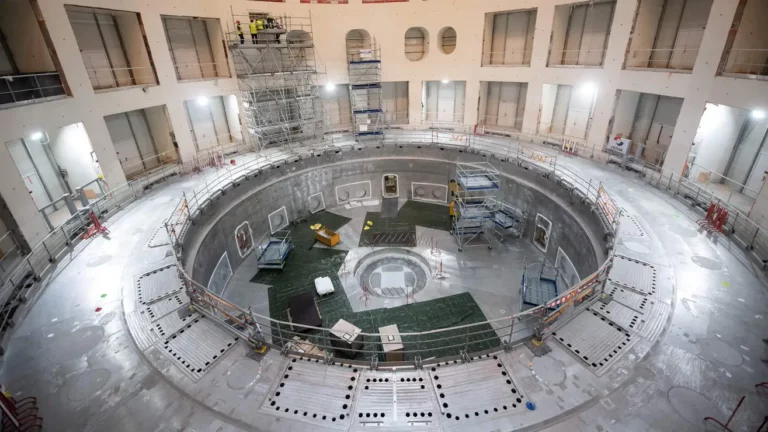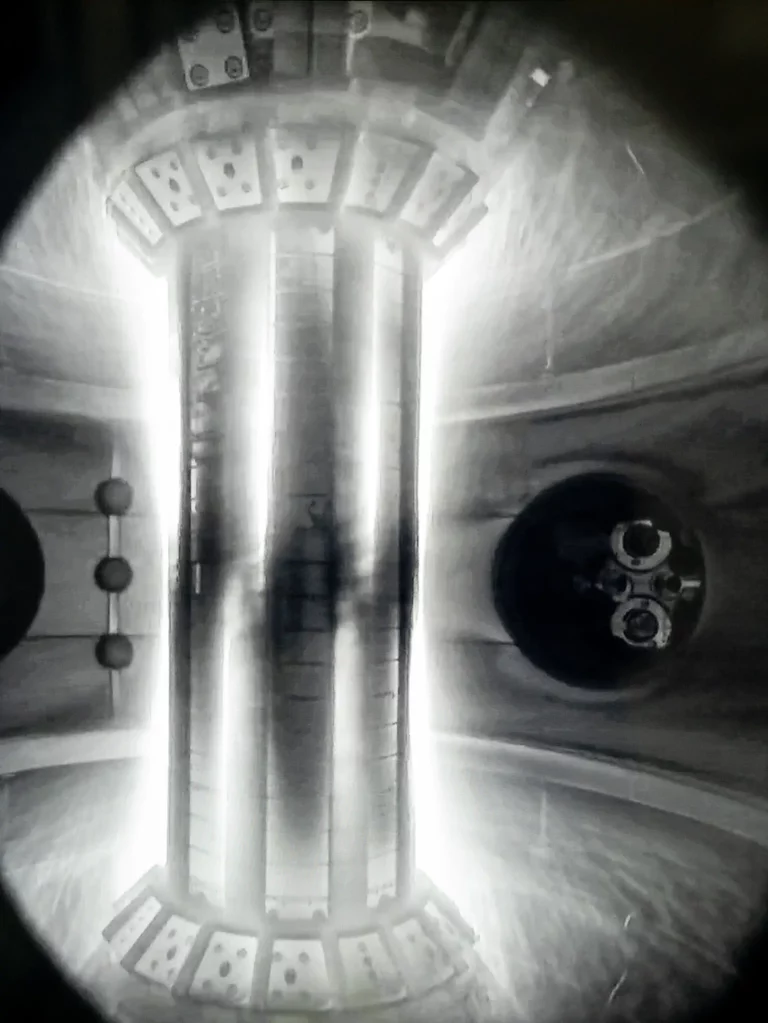Thiel-backed fusion power startup raises $500 million
A Washington-based nuclear fusion startup has added another $500 million to its purse as it works toward demonstrating net electricity generation from fusion in 2024.

A Washington-based nuclear fusion startup has added another $500 million to its purse as it works toward demonstrating net electricity generation from fusion in 2024.

Nuclear fusion is the ephemeral holy grail of climate technology. It would provide nearly limitless amounts of clean energy without the byproduct of long-lasting radioactive waste to be managed.

Despite its massive investment in the ITER fusion project in France, the EU is home to only a tiny fraction of fusion start-ups. The technology may be far from proven, but Europe is already falling behind in preparing for commercial deployment

Most private fusion companies expect fusion power to be supplying electricity to the grid in the 2030s. That is according to the first-ever report on the state of the fusion industry, which has been published today by the Fusion Industry Association (FIA) and the UK Atomic Energy Authority (UKAEA).

Nuclear fusion promises unlimited renewable energy, but technological and physical challenges have not allowed humans to harness the power of the sun just yet.

For decades we have been beguiled by the idea that fusion will be the miracle solution to our quest for cheap, limitless, clean energy. Here is an excerpt from a 2016 article from the Princeton Plasma Physics Lab:

In September, a very large, incredibly powerful magnet was unloaded in Saint-Paul-lez-Durance in Southern France to be incorporated into the International Thermonuclear Experimental Reactor (ITER), a major international collaboration that is attempting to prove the technical feasibility of nuclear fusion.

Long-shot money is flowing into start-ups that seek the energy of the stars. Driving the investments is a rising alarm about global warming.

The UK government on 1 October published a strategy setting out how it aims to leverage scientific, commercial and international leadership to enable the delivery of fusion energy. It has also launched a consultation seeking views on the regulatory framework for ensuring the safe and effective rollout of fusion energy.

Let’s say that you’ve devoted your entire adult life to developing a carbon-free way to power a household for a year on the fuel of a single glass of water, and that you’ve had moments, even years, when you were pretty sure you would succeed.